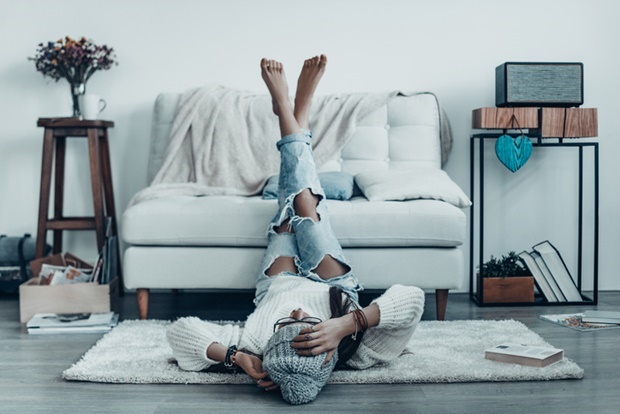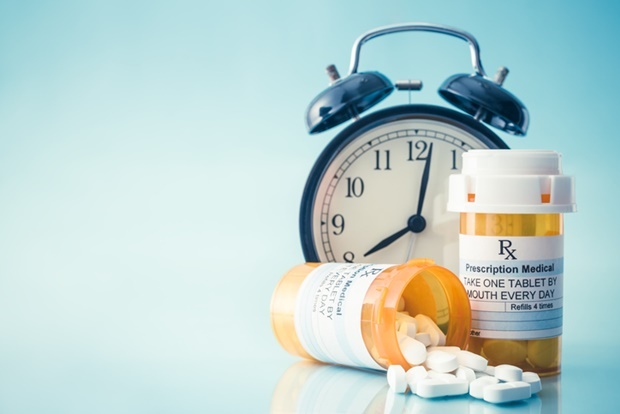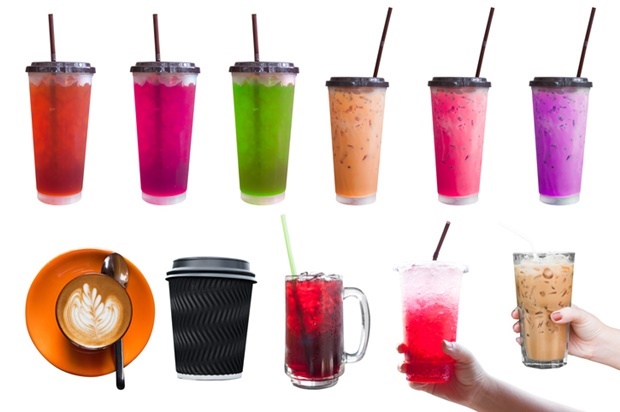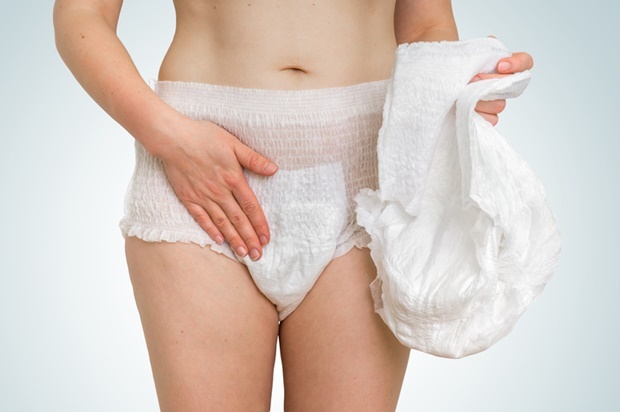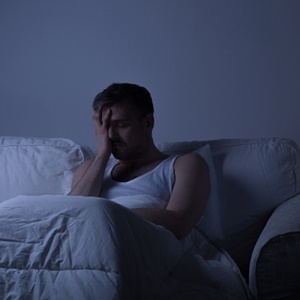
Living with urinary incontinence can be really inconvenient and at times outright embarrassing. It affects around 200 million people around the world, with women 25% more likely to suffer from the condition.
Urinary incontinence can be categorised into stress and urge incontinence. Stress incontinence occurs when pressure is added to the abdomen, resulting in the leakage of urine. This can be due to physical activity or simply sneezing and coughing. Urge incontinence, on the other hand, is an intense desire to urinate without the ability to suppress it.
Urinary incontinence affects people on a day to day basis – and in many cases it also impacts people's sleep patterns. Nighttime incontinence, or nocturia, is a common symptom of urinary incontinence.
Not making it to the bathroom in time can have a drastic impact on your self-esteem and quality of life.
In an interview with Poise, nurse practitioner and researcher Janis Miller, PhD, gives patients some tips on how they can deal with nocturia:
Elevate your feet
Having swollen ankles and legs can affect your incontinence. Health24 incontinence expert Dr Prenevin Govender says, "Leg swelling (peripheral oedema) may be related to congestive cardiac failure, which is treated with diuretics. This increases urine output, and may worsen or aggravate pre-existing urinary incontinence." By elevating one's feet throughout the day the water is able to drain from the ankles and relocate throughout the body.
“When women with swollen ankles lie down at night, there can be a fluid shift. All that water sitting in their ankles gets back into their system, into their kidneys, and out the bladder,” says Miller.
Medication timing
When taking medication, one may experience side effects. If one of the side effects includes excessive urination, you might want to reconsider taking it before bedtime. However, Miller recommends that, should you be taking a diuretic pill, it is best to take it in the afternoon. By taking it in the afternoon it allows one to get rid of the fluid before heading to bed.
Overactive beverages
Certain beverages contain substances that irritate the bladder, causing excessive urination. Beverages include citrus juices, coffee, tea, carbonated drinks and alcohol. Miller also adds, “We never drink eight ounces anymore. We drink 12, or 16 or 20 ounces [354–591ml] in our super-sized culture. I see women who are drinking a gallon [3.78l] of fluid a day."
Regarding the eight glasses of water we're supposed to drink every day, Miller says, “That’s a bunch of hooey! I tried to find the data that supported it and couldn’t.”
Extra support
If you’ve given all of these a try, you might want to consider sleeping with absorbent underwear. The idea might be a little daunting at first, but it could give you some extra sleeping time as well as protecting your mattress.
Image credit: iStock




 Publications
Publications
 Partners
Partners




